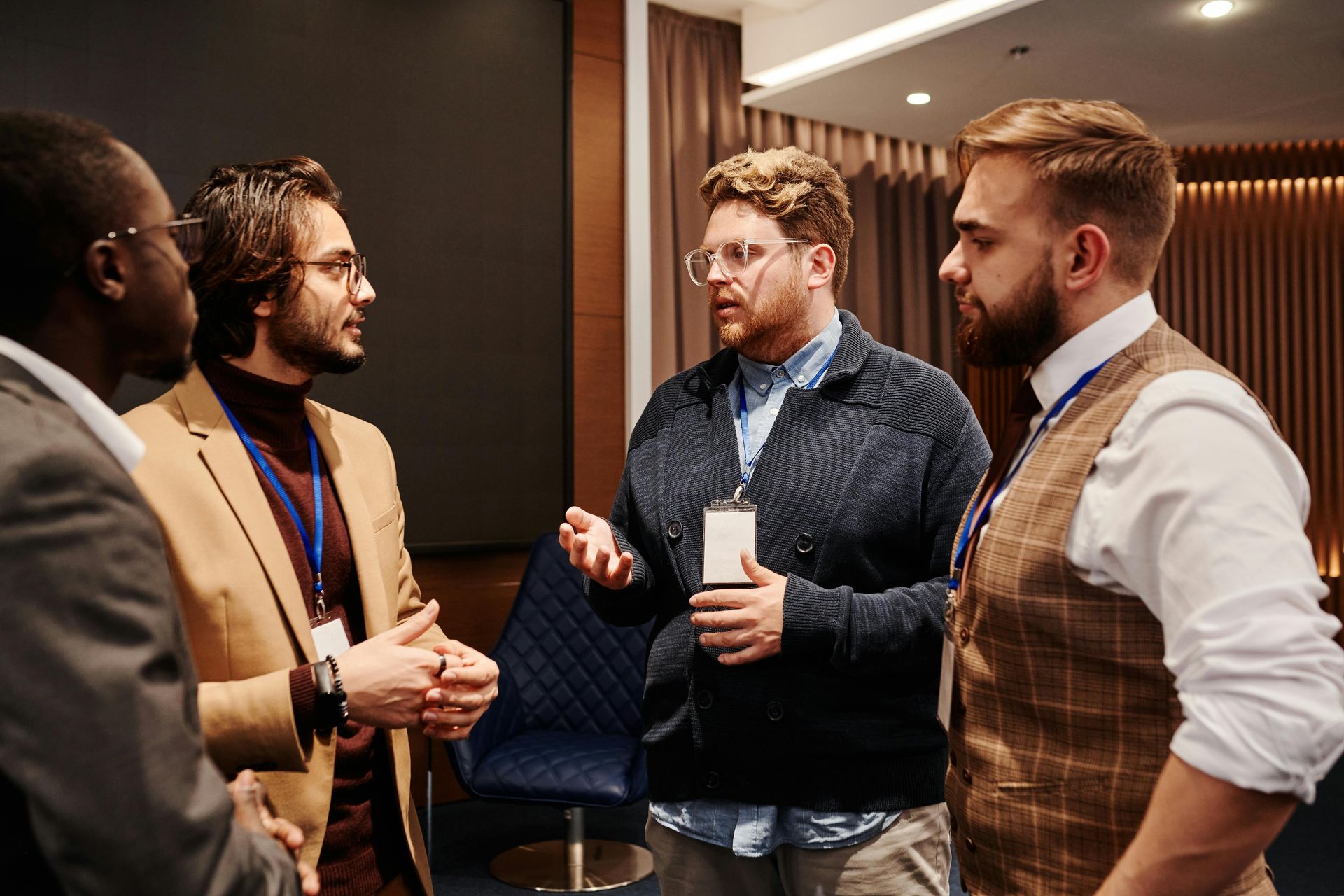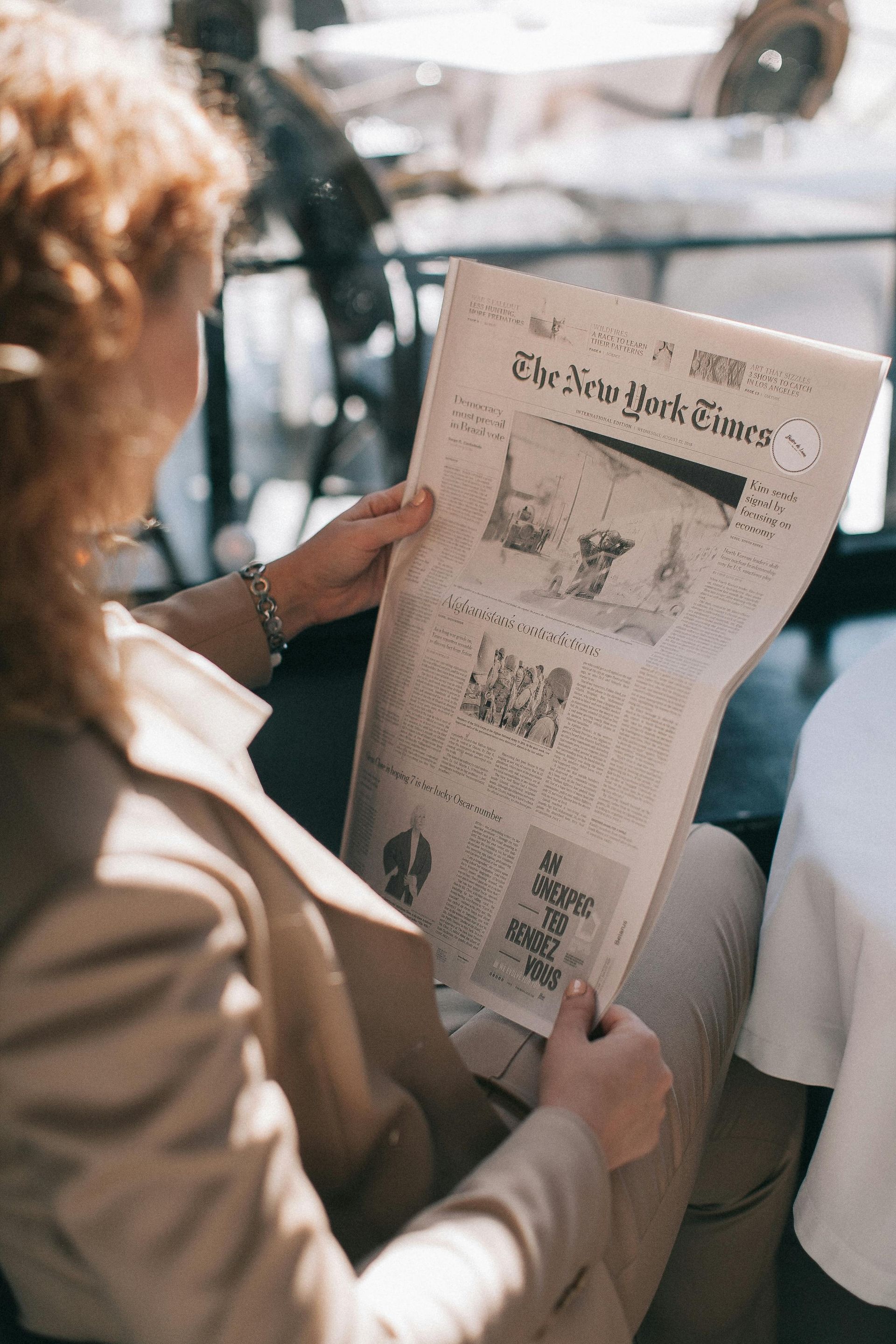The Adults Are Still in Charge at the University of Florida
Higher education isn’t daycare. Here are the rules we follow on free speech and public protests.
By Ben Sasse
The Wall Street Journal
May 3, 2024
Gainesville, Fla.
Higher education has for years faced a slow-burning crisis of public trust. Mob rule at some of America’s most prestigious universities in recent weeks has thrown gasoline on the fire. Pro-Hamas agitators have fought police, barricaded themselves in university buildings, shut down classes, forced commencement cancellations, and physically impeded Jewish students from attending lectures.
Parents are rightly furious at the asinine entitlement of these activists and the embarrassing timidity of many college administrators. One parent put it bluntly: “Why the hell should anybody spend their money to send their kid to college?” Employers watching this fiasco are asking the same question.
At the University of Florida, we tell parents and future employers: We’re not perfect, but the adults are still in charge. Our response to threats to build encampments is driven by three basic truths.
First, universities must distinguish between speech and action. Speech is central to education. We’re in the business of discovering knowledge and then passing it, both newly learned and time-tested, to the next generation. To do that, we need to foster an environment of free thought in which ideas can be picked apart and put back together, again and again. The heckler gets no veto. The best arguments deserve the best counterarguments.
To cherish the First Amendment rights of speech and assembly, we draw a hard line at unlawful action. Speech isn’t violence. Silence isn’t violence. Violence is violence. Just as we have an obligation to protect speech, we have an obligation to keep our students safe. Throwing fists, storming buildings, vandalizing property, spitting on cops and hijacking a university aren’t speech.
Second, universities must say what they mean and then do what they say. Empty threats make everything worse. Any parent who has endured a 2-year-old’s tantrum gets this. You can’t say, “Don’t make me come up there” if you aren’t willing to walk up the stairs and enforce the rules. You don’t make a threat until you’ve decided to follow through if necessary. In the same way, universities make things worse with halfhearted appeals to abide by existing policies and then immediately negotiating with 20-year-old toddlers.
Appeasing mobs emboldens agitators elsewhere. Moving classes online is a retreat that penalizes students and rewards protesters. Participating in live-streamed struggle sessions doesn’t promote honest, good-faith discussion. Universities need to be strong defenders of the entire community, including students in the library on the eve of an exam, and stewards of our fundamental educational mission.
Actions have consequences. At the University of Florida, we have repeatedly, patiently explained two things to protesters: We will always defend your rights to free speech and free assembly—but if you cross the line on clearly prohibited activities, you will be thrown off campus and suspended. In Gainesville, that means a three-year prohibition from campus. That’s serious. We said it. We meant it. We enforced it. We wish we didn’t have to, but the students weighed the costs, made their decisions, and will own the consequences as adults. We’re a university, not a daycare. We don’t coddle emotions, we wrestle with ideas.
Third, universities need to recommit themselves to real education. Rather than engage a wide range of ideas with curiosity and intellectual humility, many academic disciplines have capitulated to a dogmatic view of identity politics. Students are taught to divide the world into immutable categories of oppressors and oppressed, and to make sweeping judgements accordingly. With little regard for historical complexity, personal agency or individual dignity, much of what passes for sophisticated thought is quasireligious fanaticism.
The results are now on full display. Students steeped in this dogma chant violent slogans like “by any means necessary.” Any? Paraglider memes have replaced Che Guevara T-shirts. But which paragliders—the savages who raped teenage girls at a concert? “From the river to the sea.” Which river? Which sea?
Young men and women with little grasp of geography or history—even recent events like the Palestinians’ rejection of President Clinton’s offer of a two-state solution—wade into geopolitics with bumper-sticker slogans they don’t understand. For a lonely subset of the anxious generation, these protest camps can become a place to find a rare taste of community.
This is their stage to role-play revolution. Posting about your “allergen-free” tent on the quad is a lot easier than doing real work to uplift the downtrodden.
Universities have an obligation to combat this ignorance with rigorous teaching. Life-changing education explores alternatives, teaches the messiness of history, and questions every truth claim. Knowledge depends on healthy self-doubt and a humble willingness to question self-certainties. This is a complicated world because fallen humans are complicated.
Universities must prepare their students for the reality beyond campus, where 330 million of their fellow citizens will disagree over important and divisive subjects.
The insurrectionists who storm administration buildings, the antisemites who punch Jews, and the entitled activists who seek attention aren’t persuading anyone. Nor are they appealing to anyone’s better angels. Their tactics are naked threats to the mission of higher education.
Teachers ought to be ushering students into the world of argument and persuasion. Minds are changed by reason, not force. Progress depends on those who do the soulful, patient work of inspiring intellects. Martin Luther King Jr., America’s greatest philosopher, countered the nation’s original sin of racism by sharpening the best arguments across millennia. To win hearts, he offered hope that love could overcome injustice.
King’s approach couldn’t be more different from the abhorrent violence and destruction on display across the country’s campuses. He showed us a way protest can persuade rather than intimidate. We ought to model that for our students. We do that by recommitting to the fundamentals of free speech, consequences and genuine education. Americans get this. We want to believe in the power of education as a way to elevate human dignity. It’s time for universities to do their jobs again.
Mr. Sasse is president of the University of Florida.
The Adults Are Still in Charge at the University of Florida - WSJ



